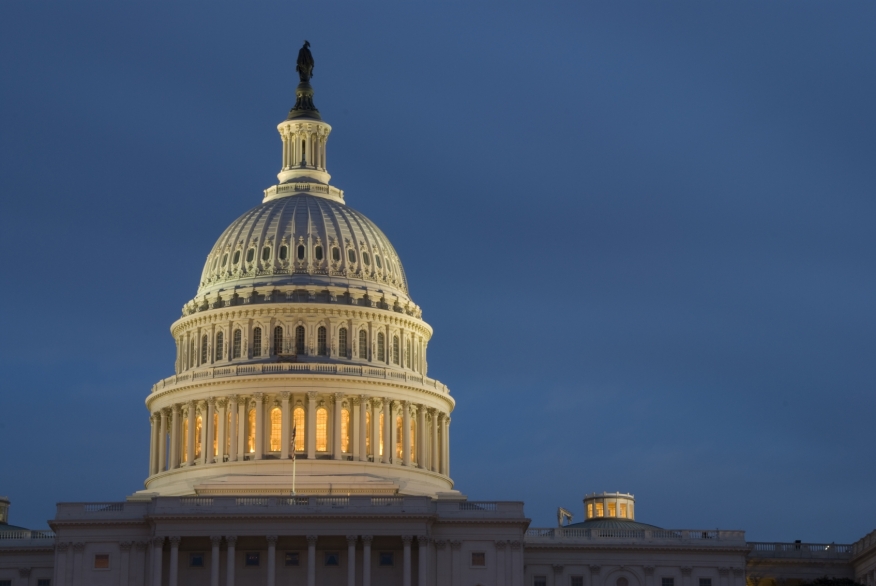
Bipartisan Senate Bill Takes Aim At Mortgage Trigger Leads

The bill adds to the conversation that's been raging for years.
A bipartisan coalition of U.S. Senators has introduced legislation aimed at addressing the practice of mortgage trigger leads, sparking a renewed debate over their impact on consumers and the mortgage industry.
The bill, designated as "S.3502," seeks to amend the Fair Credit Reporting Act (FCRA) to restrict consumer reporting agencies from providing consumer reports under specific circumstances. Senator Jack Reed (D-R.I.) sponsors the bill, with Senator Bill Hagerty (R-Tenn.) serving as co-sponsor.
Mortgage trigger leads involve consumer credit reporting agencies sharing information about a "hard credit report" being pulled for a mortgage application with other lenders. This practice often results in a barrage of phone calls to consumers as lenders compete for their business.
The bill was introduced into the Senate and referred to the Committee on Banking, Housing, and Urban Affairs for consideration. The Mortgage Bankers Association (MBA) expressed support for the legislation, advocating for reforms to address trigger lead abuses.
“We will advocate for this important bipartisan Senate bill, along with the Protecting Consumers from Abusive Mortgage Leads Act (H.R. 4198 ) introduced earlier this year and led in the House by Reps. John Rose (R-TN) and Ritchie Torres (D-NY), to be passed into law as soon as possible," MBA President and CEO Bob Broeksmit said Wednesday.
While industry associations like the MBA and the National Association of Mortgage Brokers (NAMB) have voiced concerns about trigger leads, the debate centers on whether they are a widespread problem and how best to address them. Critics argue that trigger leads can lead to harassment and deceptive offers, while proponents believe they offer consumers access to better mortgage deals.
Several bills have been proposed to regulate or ban trigger leads, with the Trigger Lead Abatement Act of 2023 (H.R. 2656) and the Protecting Consumers from Abusive Mortgage Leads Act (H.R. 4198) introduced earlier this year. That first bill, according to GovTrack, has a 3% chance of passing and the later bill was referred to a committee in June, but has been sitting dormant. Meanwhile, concrete evidence on the extent of the issue remains elusive, as there is no centralized repository for consumers to file trigger lead-related complaints.
Industry associations like the MBA and NAMB have advocated for legislative measures without conducting consumer surveys to assess the actual impact. The lack of empirical evidence has sparked debates over whether trigger leads are a common nuisance or a valuable tool in the mortgage industry.
While the discussion continues, the fate of trigger leads and their role in the mortgage market remains uncertain. The Senate's new bipartisan bill adds another dimension to this ongoing debate, but without comprehensive data on consumer experiences, it remains challenging to make conclusive claims about their impact.



